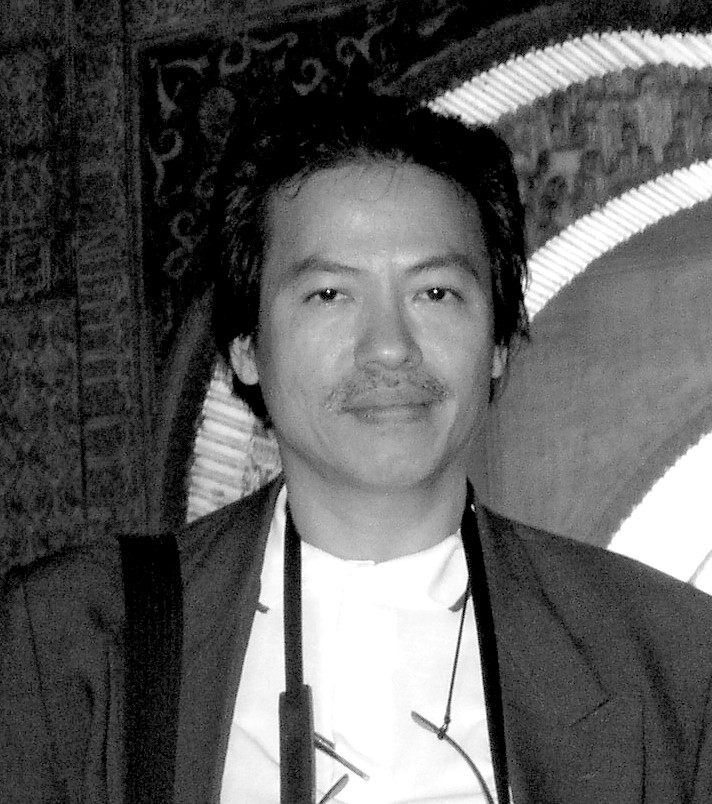THE CORE IDEA OF freedom of speech is the freedom to express and communicate ideas and thoughts without fear of the consequences. In political contexts, such freedom includes the freedom of the press, the right to peaceable assembly, the right to petition the government for redress of grievances, the right of free association and open access to public information. However, the legitimate extent of freedom of speech and what are good grounds for restricting it are highly controversial issues, especially when other key values are threatened, and when different cultures confront each other.
For instance, on September 30, 2005, the daily newspaper Jyllands-Posten (The Jutland Post) published a piece entitled “Muhammeds ansigt” (The face of Muhammad). The article consisted of 12 cartoons (of which only some depicted Muhammad) and three of them were illustrated by Jyllands-Posten’s own staff , including the bomb and niqaab cartoons. Supporters of the cartoons argued that they illustrated an important issue in a period of Islamic terrorism and that their publication is a legitimate exercise of the right of free speech and self-conscious refusal to exercise self-censorship in the face of violent threats. In response, Danish Muslim organisations publicly protested about the cartoons and intentionally promulgated knowledge of Jyllands-Posten’s publication, thereby igniting a near-worldwide controversy. As it grew, examples of the cartoons were reprinted in newspapers in more than 50 other countries, which led to numerous death threats, attempted murder, bounties placed upon the heads of the cartoonists by Islamic leaders, numerous protests – both peaceful and violent, and some riots, particularly in the Muslim world. Critics of the cartoons described them as “Islamophobic” or racist and argued that they were gratuitously offensive to people of the Muslim faith, intended to humiliate a Danish minority, and another insensitive manifestation of ignorance about the history of western imperialism.


